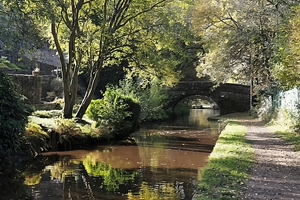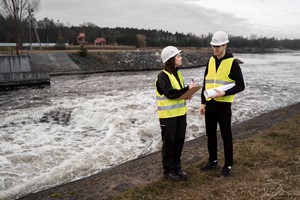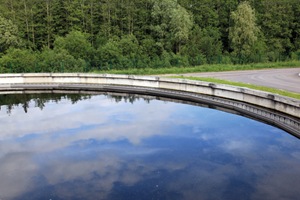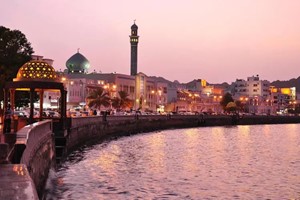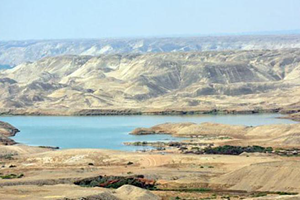The restoration of much of Britain’s vast canal network has been a notable and uplifting success story. Originally saved in the 1960s from Beeching-style closures by Labour’s transport secretary, Barbara Castle, many of these formerly working and polluted waterways have become modern urban oases.
Otters, kingfishers and dragonflies can be glimpsed along the 100 miles or so of Birmingham’s canals. In Manchester, barge users and walkers can trace the origins of the Industrial Revolution along intersecting routes that crisscross the city. Across the country, canalside regeneration has transformed urban landscapes, partly enabled by the thousands of unpaid volunteers who rescued abandoned channels from dereliction and paved the way for Castle’s vision of “leisureways” to become a reality.
Environmentally rich, historically fascinating and a source of human wellbeing, thriving canals should be a treasured feature of our greener future. The government, however, appears to have other ideas. Having previously frozen funding for the Canal & River Trust (CRT) – the charity that in 2012 took over the management of 2,000 miles of state-owned canals – ministers now plan cuts of over £300m to its finances, beginning in 2027.
As the CRT is forced to seek alternative sources of cash, this shortsighted decision will stretch resources beyond breaking point. Volunteers already have to be relied on for clean-up work and other tasks, and trust leaders have said that the sharp reduction in funds will put at risk “invaluable natural habitats, historic infrastructure and cherished public spaces”. Some canals, they warn, may have to close. Last week, a group of council leaders wrote to the secretary of state for the environment, Thérèse Coffey, noting that large stretches of London’s network will be affected, including Little Venice.
The Conservative party's disdain for public infrastructure, particularly the canals, is a significant issue. The Conservative party's willingness to endanger the canals' renaissance is evidence of their ideological blind spot. A 2019 report by the Inland Waterways Association describes Britain's canals as "a linear national park." The restoration of a five-mile stretch of the Chesterfield canal, which includes a cafe, meeting room, shower facilities, and play area, has provided social and economic benefits.
This reimagining of waterways was foreseen by Elizabeth Castle, who established public bodies to promote recreational purposes on the canals. The government has a responsibility to ensure the canals' preservation, rather than undermined by funding cuts that contradict the spirit and direction of the times.




